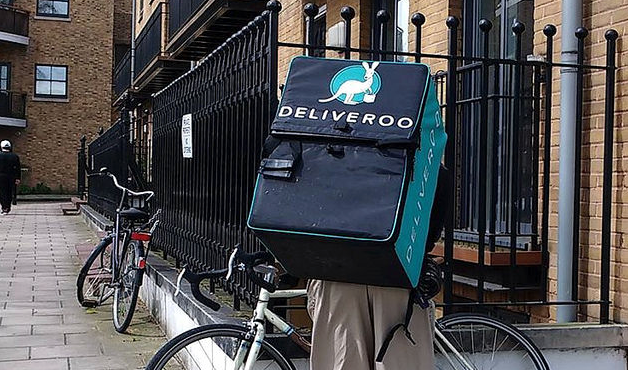Does Deliveroo’s Unicorn Status Mean It Will Succeed?
Deliveroo, the London-based on-demand food delivery company, has secured an additional $275m (£200m) in a new round of investment. This means Deliveroo has now raised a total of $472.7m, which some believe pushes the company’s overall valuation over $1bn – the threshold required for so-called “unicorn” status. But is gaining unicorn status a guarantee of success?

All of this additional money should help Deliveroo keep up its momentum – the company has reportedly achieved 400 percent growth since November – which is incredibly important in a world where the competition is never far behind. In Deliveroo's case the competition is Uber (a company with a history of heavily investing in new markets to drive out the competition, and which has recently launched UberEats, a food delivery operation in a small number of European countries). It is a competitor not just because of the food delivery element, but delivery and logistics in general. So for Deliveroo keeping ahead of the competition is especially important.
Having such an investment is critical to keep the company running. And fast. It gives the business a chance to really focus on delivering the best customer experience, which the founder William Shu talks about, rather than watching the competition all the time.
Still, more money doesn’t necessarily equate to more success. And, as I’ve written in the past, the threshold of $1bn is in some senses arbitrary. A reported 90 percent of Silicon Valley’s unicorns are set to run out of steam or fail.
True, having unicorn status does help raise a company’s profile, grab stakeholder attention, and generate an air of excitement. But a company can have all the money in the world and still fail if it lacks the right people, strategy, and ambition.
Deliveroo, like many start-ups today, is stuck between profitability and growth. Fast growth is required to keep a company ahead of the pack. But scaling an unprofitable model will do more harm than good.
Deliveroo is yet to disclose revenue. But it is safe to say that the company is growing. However, is all this growth and investment enough to make sure the company achieves its goals? Only time will tell.
What do you think? Does having unicorn status give a company a significant advantage? Or is there a danger that unicorn companies are pursuing growth at the expense of profitability?
Email me your thoughts.
